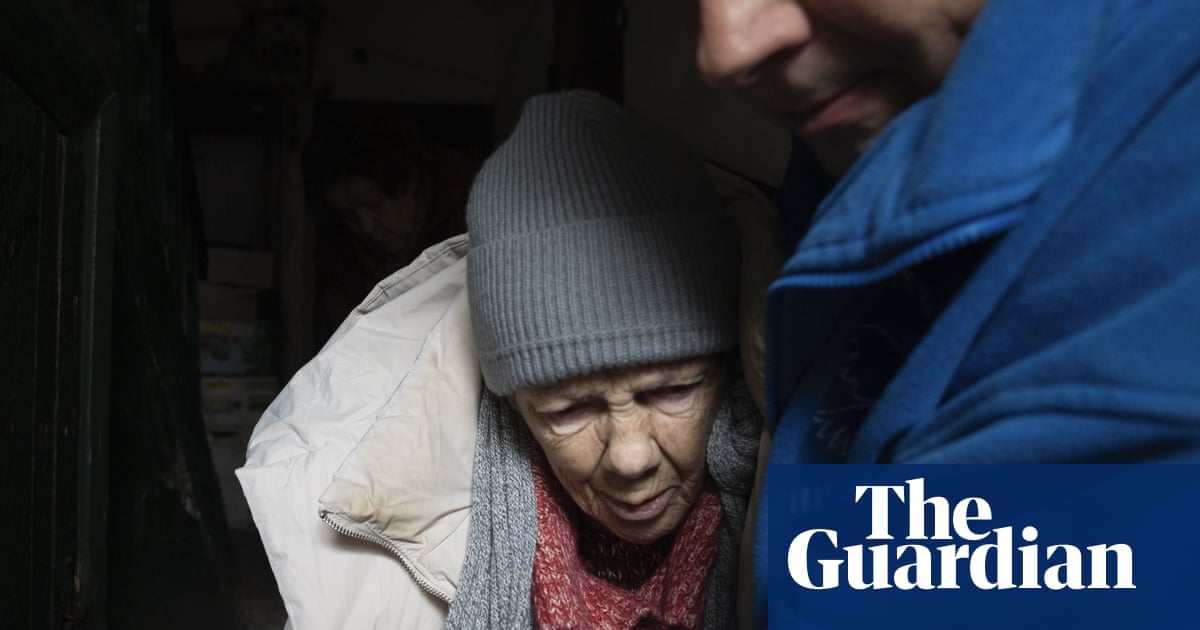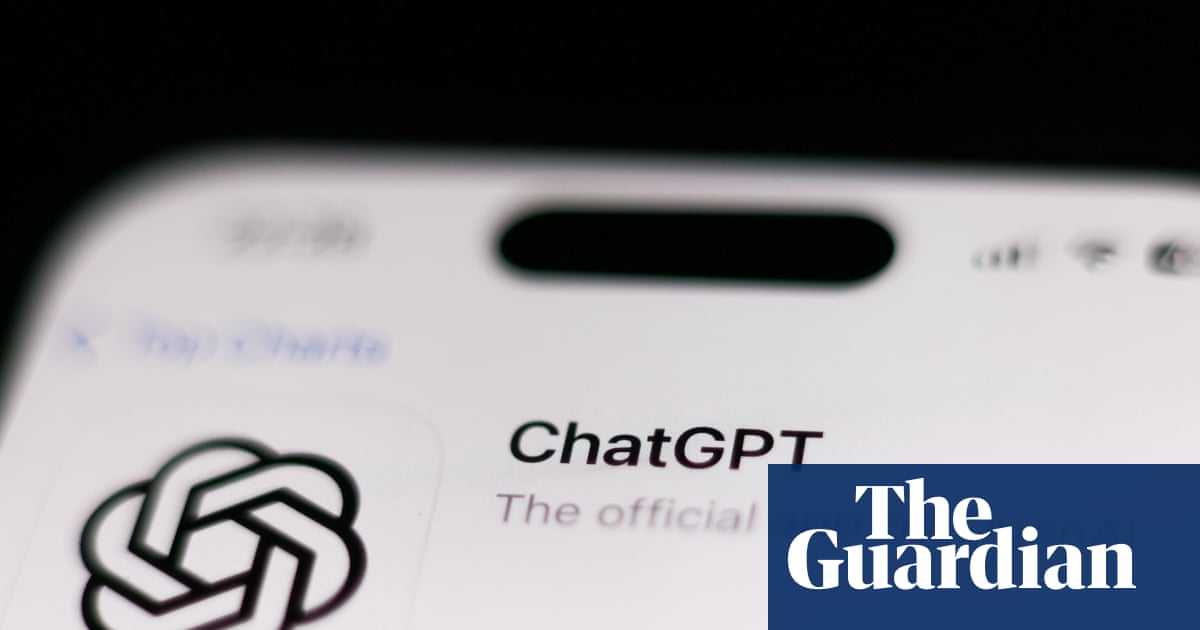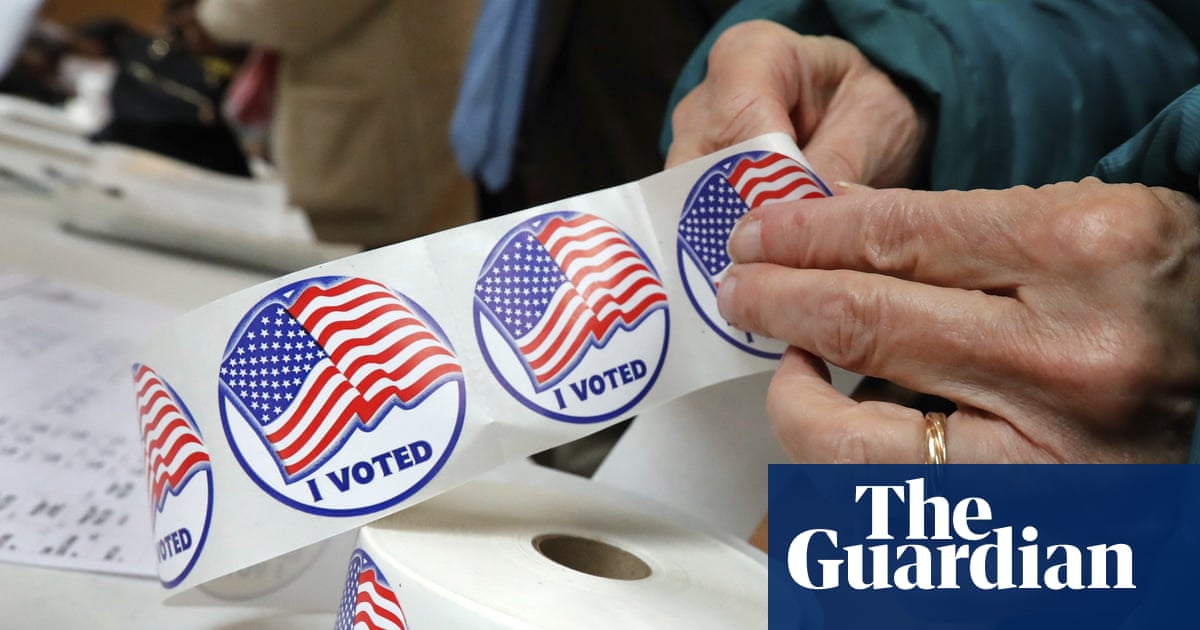Ah, sleep – “nature’s soft nurse” to Shakespeare, “the foundation of our mental and physical health” to the less poetically minded neuroscientist and podcaster Andrew Huberman. By now, you hopefully know that getting a consistent seven to eight hours of shuteye is crucial for everything from your short-term decision-making to your long-term health, and you’re familiar with all the usual advice on getting it (have a consistent bedtime, make your bedroom really dark, no double espressos at 9pm). But one question that’s considered less is: what if you have one restless night? How do you best get through the day – and what can you do to avoid a single interrupted slumber snowballing into several? Let’s take it one hour at a time.
When you first drag yourself out of bed, it’s tempting to click the kettle straight on – but should you hold off your first hot drink of the day until you’re a bit less bleary-eyed? Increasingly, influencers advise delaying your first hit of tea or coffee for anywhere between 30 and 90 minutes after you wake up – the rationale being that caffeine mostly works by blocking the brain’s receptors for a molecule called adenosine, which ordinarily promotes relaxation by slowing down neural activity. Adenosine levels are at their lowest when you wake up, and so in theory, you might be “wasting” your first brew of the day by glugging it when there’s nothing for the caffeine to block. This seems plausible, but it’s also worth noting that caffeine’s effects take about 10 minutes to kick in, and it’s about 45 minutes before levels peak in the bloodstream. Caffeine’s also not just good for getting you going: if you’re planning a workout or a morning walk, it can help things along by producing feelgood endorphins and increasing the amount of fat you’re able to burn. Some people suggest that waiting a while before your first cup helps to avoid afternoon drowsiness, but according to an evaluation of the scientific literature published last year, “There is no evidence that caffeine ingestion upon waking is somehow responsible for an afternoon ‘crash’.”
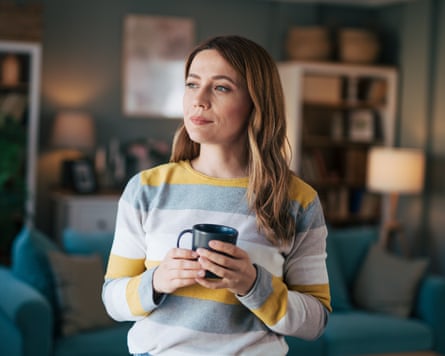
“Keep your caffeine intake limited to your usual amount – or one cup of coffee or tea if you don’t normally rely on caffeine – and make sure it’s before noon to avoid damaging your sleep the next night,” says longevity specialist Dr Brittany Busse. “But drink a decent amount of water alongside your morning brew to make sure you’re adequately hydrated.” Stick to the one-water-per-caffeinated drink rule throughout the day to keep your energy levels up – and if you happen to have any on hand, consider a scoop or two of the workout supplement creatine, which a 2024 study suggests is “a suitable candidate for reducing the negative effects of sleep deprivation”. Most commonly used by bodybuilders, creatine works by “buffering” the body’s energy stores, and it now turns out that this process occurs in the brain as well as the muscles, which might help you focus after a fitful night.
Your next job is to get out in the sun as soon as possible, which might be an hour or so after you wake up if it’s winter in the UK. Exposure to morning sunlight signals the brain to reduce melatonin production (the sleep hormone) and increase cortisol, making you feel more alert. “When you see sunlight, either by walking outside or sitting next to a sunlit window for about 10 minutes, this helps to keep your body’s sleep cycle online,” says Shawna Robins, the author of Powerful Sleep. “It’s like setting a sleep-wake timer inside your brain.” Sunlight also stimulates the production of serotonin, a neurotransmitter linked to mood, alertness and a sense of calm and focus. Some of these effects might be more noticeable if you go outside – window glass blocks some of the wavelengths of light that help to produce vitamin D, for instance – but research continues. In general, popping outside is probably a better bet, but if all you can do is see a bit of sun while you’re doing the washing up, it’s better than nothing.
Do cold showers help to wake you up? It could depend on how you feel about them. A short, sharp blast of cold water can give you a boost of endorphins and adrenaline, and up your oxygen intake and levels of alertness. On the other hand, if it’s already cold in your house or you can’t stand cold water, the cure might be worse than the problem. If you’re looking for the best of both worlds, consider a contrast shower, or alternating between hot and cold for intervals of 15-60 seconds – it’s a lot more psychologically manageable to sluice yourself with chilly water when you know that relief is on the way.

The toaster is probably your next temptation, but don’t over-rely on carbs to energise you through the day. “What you eat and drink can really influence recovery after a bad night’s sleep,” says Dr Rostislav Ignatov, chief medical officer at The Haven Detox in Massachusetts, US. “I recommend you focus on foods that provide steady energy and support your brain, like fruits or leafy greens. Lean proteins such as eggs, chicken or yoghurt help maintain your energy without the crashes you get from sugary snacks.” One five-minute option: scramble a couple of eggs in a pan, and pour half a boiled kettle over a colander of spinach to wilt it. Supplements can help too, but choose wisely. “Magnesium is a great option if you’re feeling tired or wired,” says Ignatov. “It promotes relaxation and can help improve the quality of your next sleep cycle. A small dose of vitamin B12 can also fight off fatigue and support energy production without overstimulating your system like caffeine might – the key is to keep your body’s natural rhythms intact so you don’t disrupt your sleep later at night.”
If caffeine makes you jittery, there’s some evidence that taking L-theanine, a supplement that commonly comes in capsule form, alongside it can mitigate its negative effects on your attention, and make you better at cognitively demanding tasks.
Should you work out? If you’re already running on fumes, this is probably not the best day to shoot for a personal best in the 5k, but there’s a simpler option. “When people are feeling very tired, I recommend ‘exercise snacks’ – short bursts of physical movement throughout the day,” says wellness expert Dr Megan Lyons. “That could mean one to two minutes of activity, like standing up to do 20 jumping jacks, 20 bodyweight squats, or walking around the office for two minutes. Even better is getting outside.” If you’re in the mood for something more sedate, something as simple as a short burst of yoga might help – one small study suggests that a guided sun salutation can reduce stress and get your parasympathetic nervous system (which favours relaxation) online for the rest of the day.
Once you’ve made it to the office – or through the school run – try to avoid the lure of almond croissants and easy energy. “What people tend to do after a bad night is turn to a lot of caffeine and sugar, because our brains crave quick energy when we feel low on it,” says Lyons. “While these things may work in the moment, they’re setting you back in the long run – caffeine lets us borrow energy rather than create it. And sugar can set us on a blood sugar rollercoaster, which leads to crashes and cravings for more. Focus on stabilising blood sugar by getting adequate protein and fibre throughout the day – these nutrients don’t provide that immediate burst of energy, but many of the things that provide them, such as vegetables and fruits, also provide phytonutrients that give us sustained energy. Protein also keeps us satisfied throughout the day, reducing cravings for sugary or processed foods.”
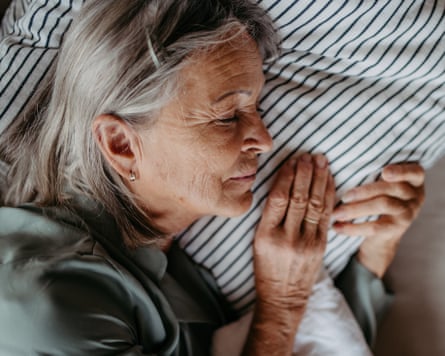
If you’re really struggling (and you’ve got the option) a power nap can be just what you need to get through the afternoon. Just don’t make it too long. “Limit naps to 15-30 minutes a day, ideally before 3pm,” says Dr Marissa Alert, a psychologist and sleep expert. “Longer or late-afternoon naps could make it harder to fall asleep at night.” Set an alarm and use box breathing to get yourself in a good state for sleep: picture a square, and visualise yourself travelling along the sides of it as you take a deep breath in for a count of four, hold it for the same count, breathe out, and hold again. Alternatively, if setting up pillows on your desk isn’t an option, just trying this without letting yourself nod off can leave you refocused and ready for any unfortunate last-minute meetings.
Once you’ve made it through the work day, your next priority should be setting yourself up for a restful evening – though that doesn’t necessarily mean going to bed extra-early. “You should be looking to stick to your normal bedtime,” says Alert. “As tempting as it may be to crash early, it’s best to tough it out – going to bed too early can leave you tossing and turning since your body isn’t used to being asleep at that time. It’s also important to remember that sleep can’t be forced, so try to avoid worrying about whether you’ll get enough rest, especially close to bedtime. Fixating on how well you’ll sleep or how much you’ll sleep right before bedtime can trigger physical arousal and heighten anxiety, making it even harder to fall asleep.”
There is another way to think about it: when your brain thinks that something might be wrong, its priority shifts to protecting you. In this heightened state of alertness, sleep takes a back seat because your brain is focused on keeping you safe, not relaxing. That’s why it’s better to signal to your brain that it’s time to relax, with a calming bedtime routine that puts your brain into rest mode. Don’t start doom scrolling; reading fiction, even on an e-reader, is a great option – one study suggests that a 30-minute bout has similar stress-reducing effects to a half-hour yoga session. Doing it on the highest brightness setting for four hours might delay your sleep by a few minutes, but that’s about it. When it’s time for some shuteye, do a bit more box breathing, make your bedroom as dark as you can, and let yourself drift off. Tomorrow’s another day.

 3 months ago
61
3 months ago
61

